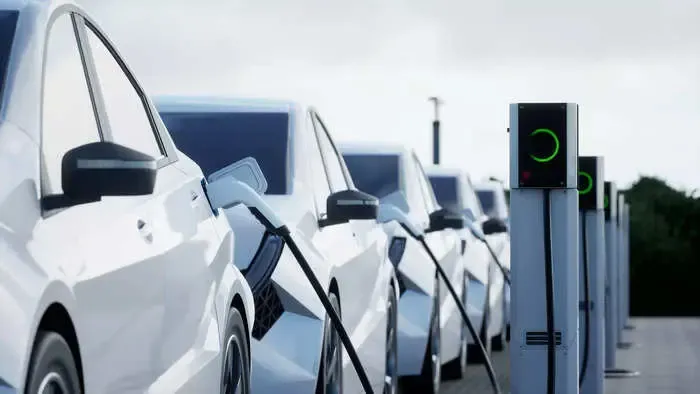A recent online survey by The Economic Times reveals that the main issue preventing many Indians from fully transitioning to electric vehicles (EVs) is range anxiety. Unlike the widespread availability of petrol stations, charging infrastructure for EVs is significantly limited, even in major metropolitan areas.

New Research Brings Fast Charging Closer to Reality
Picture a future where a short chai break is sufficient to fully charge your electric car during a road trip. This futuristic scenario is becoming more attainable thanks to pioneering research co-authored by Ankur Gupta, a researcher of Indian descent at the University of Colorado. The Economic Times highlights this groundbreaking study, which focuses on the movement of tiny charged particles called ions, potentially transforming energy storage and efficiency.
Innovative Approach to Energy Storage
Gupta’s research indicates that the technology could allow a dead smartphone to be charged within a minute or an electric car in just ten minutes. The study likens electricity flow to fluid dynamics, comparing batteries to pumps that sustain a constant water flow. By applying chemical engineering techniques traditionally used for studying fluid flow in porous materials, the research team has targeted supercapacitors—energy storage devices known for their rapid charging abilities and longevity.
Improving Ion Movement Efficiency
“Supercapacitors are valued for their speed,” Gupta explained. “Our goal was to speed up the charging and discharging processes by enhancing ion movement efficiency.” Ions, charged atoms or molecules, play a crucial role in the flow of current in electronics. Supercapacitors store energy by accumulating ions in their pores, and Gupta’s team found that ion movement at these pore intersections deviates significantly from traditional electrical engineering principles, particularly Kirchhoff’s law.
Redefining Electrical Engineering
This cutting-edge research is effectively redefining the principles of electrical engineering. By enhancing ion movement through supercapacitors, Gupta and his team believe they can greatly improve the rate at which energy is charged and discharged. This breakthrough has significant implications beyond personal electronics, extending to electric vehicles and power grids, where efficient energy storage is essential.
Global Impact and Future Potential
With the increasing global demand for efficient and sustainable energy solutions, Gupta’s research represents a critical advancement. The findings promise a future where ultra-fast charging is common, marking a major leap forward in energy storage technology. “The future of our planet relies on energy innovation,” Gupta stated. “We have discovered the missing link.”
The results of this innovative research have been published in the Proceedings of the National Academy of Sciences and can be accessed here.
